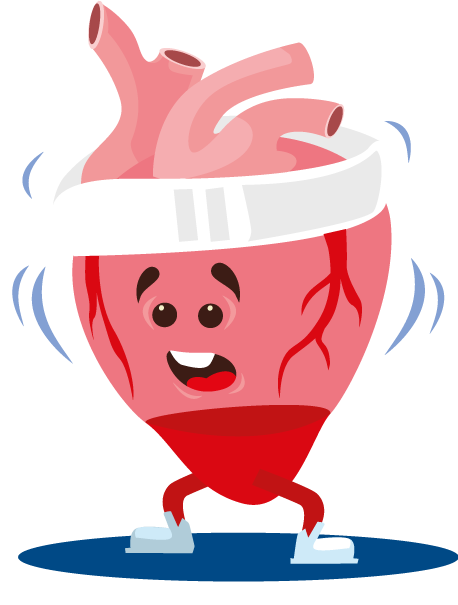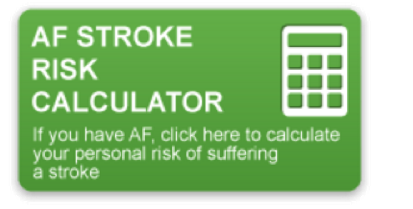Atrial Fibrillation (AF)
What is atrial fibrillation?
When the heart beats normally, its muscular walls contract (tighten and squeeze) to force blood out and around the body. They then relax, so the heart can fill with blood again. This process is repeated every time the heart beats.
What are the symptoms of atrial fibrillation?
AF can cause problems including dizziness, shortness of breath and tiredness.
How can I check for atrial fibrillation?
A normal heart rate should be regular and between 60 and 100 beats per minute when resting.
Treating atrial fibrillation
Most people with AF will require an anticoagulant, but a small number of these won't as it depends on the risk.
Register for updates
Register here for updates on Vale of York's Healthy Hearts programme. Please fill all fields marked with a *.
Where else can I find helpful information?


